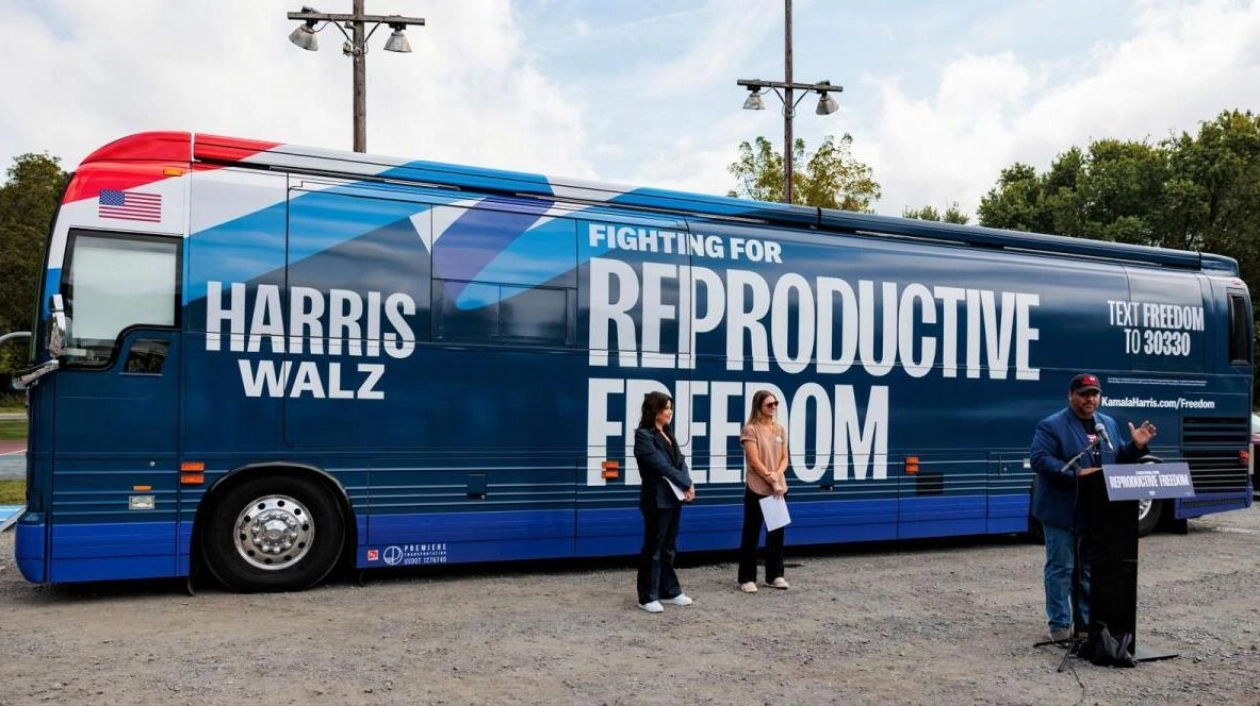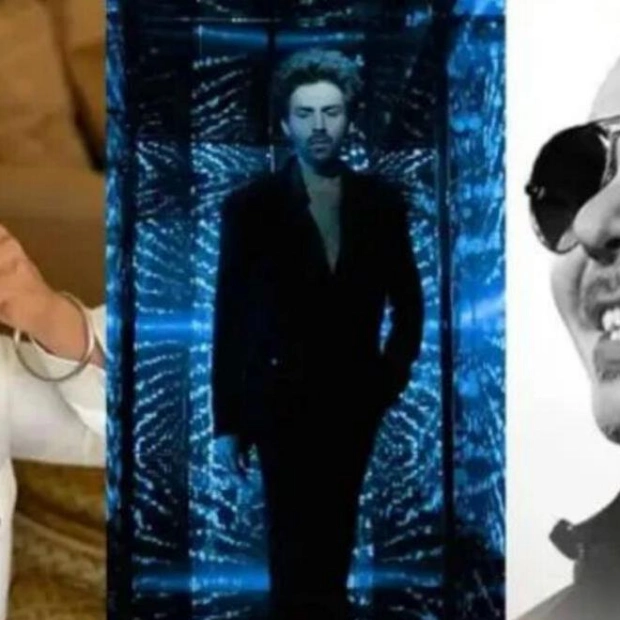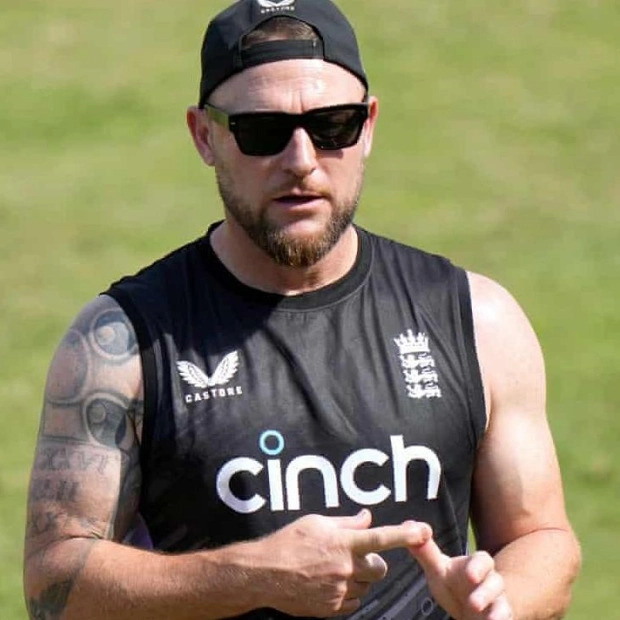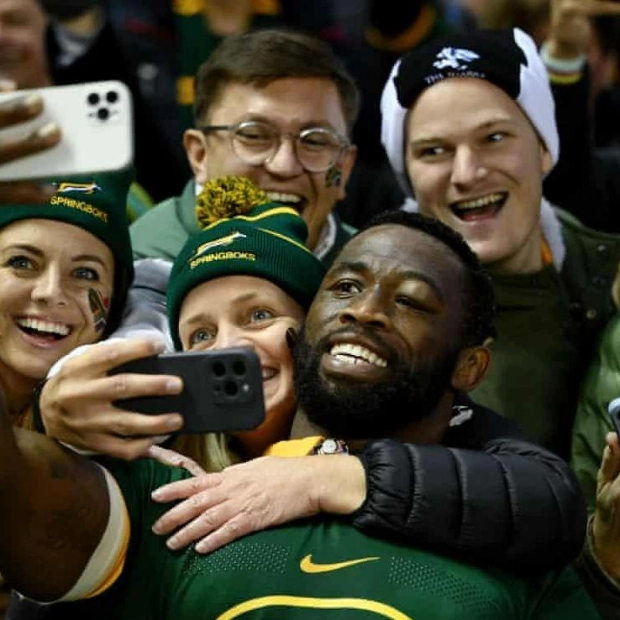A small, attentive crowd gathered around a blue bus, listening closely as Hadley Duvall, an advocate for abortion rights and a supporter of Kamala Harris' presidential campaign, shared her harrowing story of being raped and impregnated by her stepfather at just 12 years old. Duvall eventually suffered a miscarriage but emphasized that under Kentucky's new abortion laws, she would have been compelled to carry the pregnancy to term. Aleyda Garcia, 53, held a Harris campaign sign in Spanish, her eyes welling up with tears. Her son, Brandon Rodriguez, 18, gently wiped a tear from his mother's cheek. Rodriguez, a first-time voter, was still undecided between Harris, a Democrat, and Republican Donald Trump.
Duvall's story, part of Harris' "Reproductive Freedom" bus tour, deeply resonated with Garcia, particularly when she thought about her granddaughters. "You never know when something like that could happen," Garcia said. "I want them to have a choice." Reuters followed the bus tour for two days in Pennsylvania, where most attendees were Harris supporters, though a few, like Rodriguez, were there to learn more about her. These undecided voters represent a small but crucial group that could influence the outcome of the November 5 election.
Democrats view abortion rights as a powerful issue for Harris to challenge Trump with. As President, Trump appointed three Supreme Court justices who, in 2022, helped overturn the 1973 Roe v. Wade ruling that had legalized abortion nationwide. A recent Reuters/Ipsos poll conducted from August 21-28 found that a majority of voters, including 34% of Republicans, want the next President to safeguard or expand abortion access. Trump claims to support abortion rights in cases of rape, incest, or when the mother's life is at risk, but leaves the decision to individual states, some of which permit no exceptions. He denies the Democrats' claim that he plans to enact a national ban on abortions.
The bus tour, which began with a few laps around Trump's Florida home in West Palm Beach, will make at least 50 stops across all seven battleground states expected to decide the election. The goal is to engage small-town and neighborhood voters who might not be reached by large rallies. Spokespeople, including Harris' husband Doug Emhoff, actors, influencers, local radio hosts, podcasters, and senators, frequently board and disembark the bus. Stops include colleges, health centers, and beer halls in places like Allentown, a city with a population of 126,000.
"You can reach communities that are harder to access with principals flying in and out," said Morgan Mohr, a senior campaign adviser for reproductive rights, who traveled with the bus through Florida, Georgia, and North Carolina before arriving in Pennsylvania. Harris has pledged to restore Roe's protections, although achieving this would likely require a Democratic majority in both houses of Congress—a challenging prospect in the 2024 election.
In Allentown, a predominantly Latino city with left-leaning sentiments, the campaign distributed empanadas to appeal to a demographic group that Democrats have been struggling to win over in recent years. Garcia, a Honduran-born citizen and long-time Democratic voter, learned about the event that morning on a local Spanish-language radio station. One of the featured speakers was radio host Victor Martinez, whose first political endorsement in a three-decade career was for Harris. Garcia brought her son, who works at an amusement park, to the event so he could hear from the campaign and make an informed voting decision.
"I think I’ll probably vote for Harris," Rodriguez said after the program ended. He admitted that he still found Trump amusing, but didn't want him to be President again.






